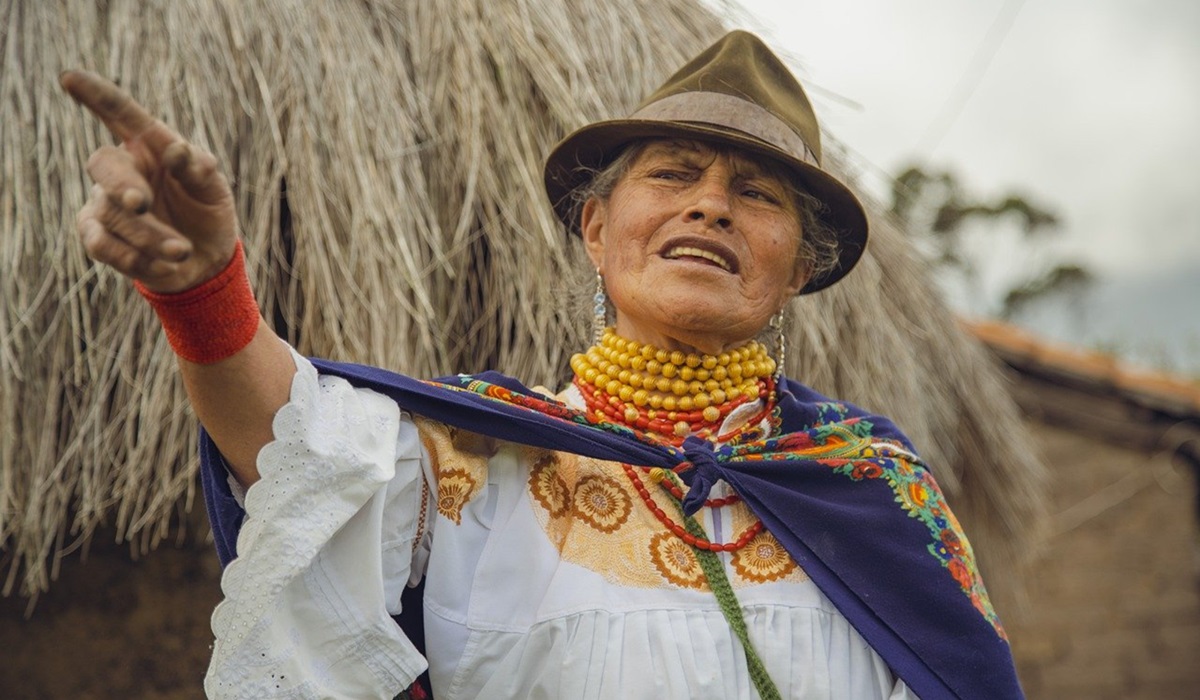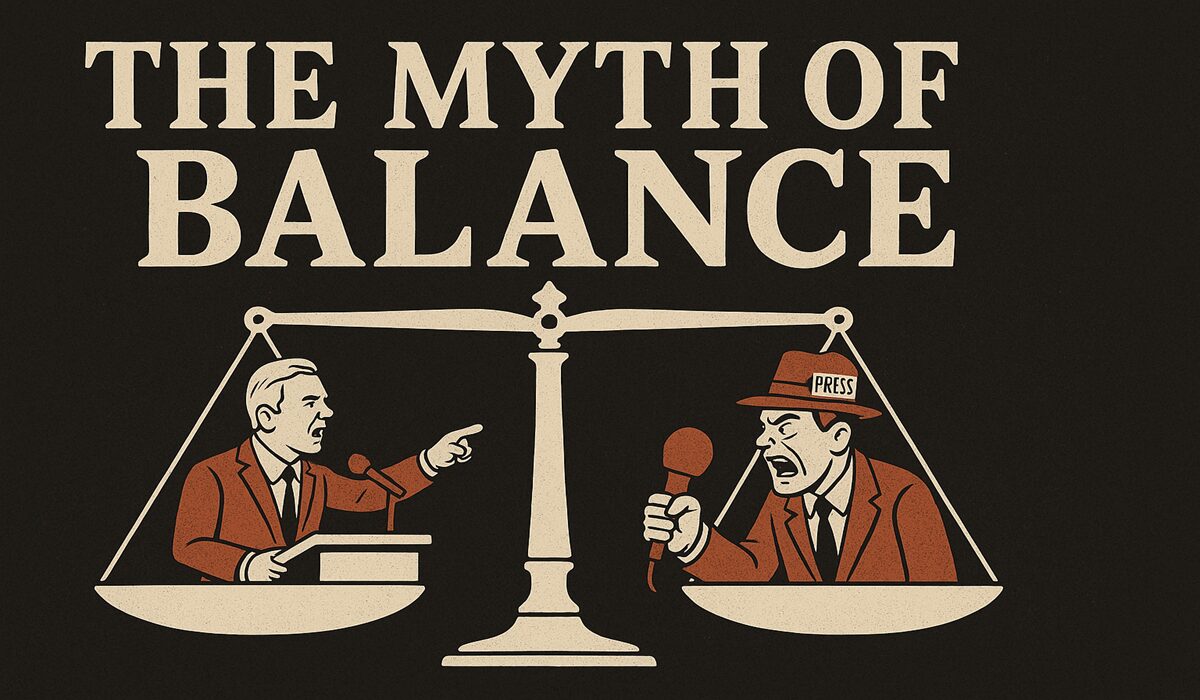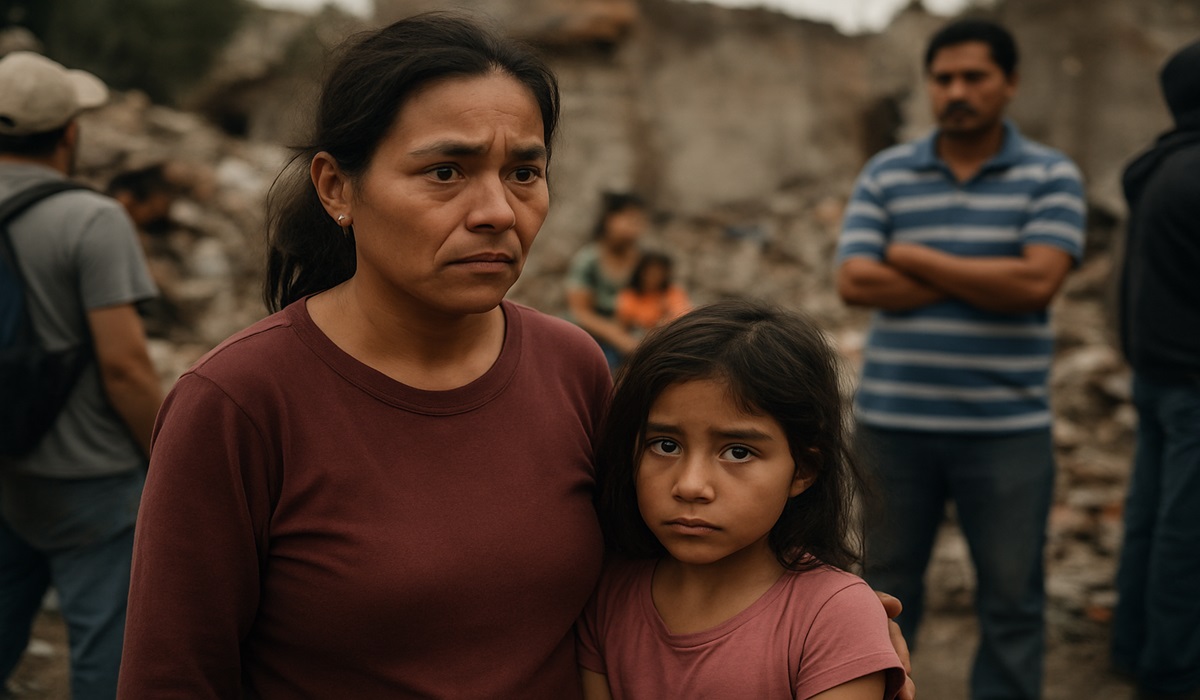Ecuador’s Violence Crisis: A Growing Displacement Tragedy
- Ingrid Jones
- D.O.C Supplements - Trending News
- Latin
- January 9, 2025

The escalating violence in Ecuador has forced more than 80,000 people from their homes, creating a humanitarian crisis that demands urgent attention from both the Ecuadorian government and the international community. The Norwegian Refugee Council (NRC) has called for immediate action to address the plight of those displaced by the pervasive influence of organised criminal groups, whose activities have plunged parts of the country into fear and chaos.
One year after Ecuadorian President Guillermo Lasso declared an “internal armed conflict” to combat rising violence, the situation remains dire. Organised criminal groups dominate provinces such as Esmeraldas, Manabí, El Oro, and Guayas, perpetrating daily violence that includes extortion, murder, and the recruitment of children into their ranks. Women are particularly vulnerable, facing threats of sexual violence and intimidation. This environment has left thousands of families with no choice but to flee their homes to escape the looming threat of death and destruction.
In a sobering example shared by the NRC, a family displaced after facing extortion discovered explosives left on their doorstep by the same criminals they had fled. Stories like these illustrate the grim reality of Ecuador’s displaced population. “These people aren’t fleeing by choice,” said Giovanni Rizzo, NRC’s country director in Ecuador. “They’re forced to leave everything behind because they have no other option. The displaced urgently need support from the government and international community to rebuild their lives.”
The consequences of this violence ripple through every facet of life. Children’s access to education has been severely impacted, with students facing risks such as forced recruitment, extortion, and even homicide on their way to school. Businesses, both large and small, are forced to shut down under the pressure of relentless extortion, further destabilising local economies.
While the Ecuadorian government has implemented measures to stem the tide of violence, including a crackdown on criminal groups, the NRC emphasises that these efforts must be coupled with robust humanitarian assistance. Internally displaced people urgently require protection from violence, access to food, education, and opportunities to rebuild their futures.
Ecuador’s homicide rate has skyrocketed in recent years, leaping from six per 100,000 residents in 2018 to a staggering 47 per 100,000 in 2023. Although there was an 18% decrease in homicides in 2024, with 6,818 recorded killings, the broader crisis remains far from resolved. The invisible struggles of displaced communities continue to exacerbate the country’s challenges.
“The international community must not turn a blind eye to this crisis,” Rizzo stressed. “If the displaced population remains invisible and unsupported, there will be no improvement to the current crisis in Ecuador.”
For nearly two decades, the NRC has been a steadfast presence in Ecuador, supporting refugees and migrants. In 2024, the organisation adapted its programs to address the needs of internally displaced persons, providing vital assistance to families grappling with the devastating effects of displacement.
As the violence continues to uproot lives and destabilise communities, the need for a unified response grows more urgent. Without a concerted effort to address the causes and consequences of displacement, Ecuador risks sliding deeper into a humanitarian catastrophe. The time for action is now.
Ecuador’s Violence Crisis: A Growing Displacement Tragedy
The escalating violence in Ecuador has forced more than 80,000 people from their homes, creating a humanitarian crisis that demands urgent attention from both the Ecuadorian government and the international community. The Norwegian Refugee Council (NRC) has called for immediate action to address the plight of those displaced by the pervasive influence of organised criminal groups, whose activities have plunged parts of the country into fear and chaos.
One year after Ecuadorian President Guillermo Lasso declared an “internal armed conflict” to combat rising violence, the situation remains dire. Organised criminal groups dominate provinces such as Esmeraldas, Manabí, El Oro, and Guayas, perpetrating daily violence that includes extortion, murder, and the recruitment of children into their ranks. Women are particularly vulnerable, facing threats of sexual violence and intimidation. This environment has left thousands of families with no choice but to flee their homes to escape the looming threat of death and destruction.
In a sobering example shared by the NRC, a family displaced after facing extortion discovered explosives left on their doorstep by the same criminals they had fled. Stories like these illustrate the grim reality of Ecuador’s displaced population. “These people aren’t fleeing by choice,” said Giovanni Rizzo, NRC’s country director in Ecuador. “They’re forced to leave everything behind because they have no other option. The displaced urgently need support from the government and international community to rebuild their lives.”
The consequences of this violence ripple through every facet of life. Children’s access to education has been severely impacted, with students facing risks such as forced recruitment, extortion, and even homicide on their way to school. Businesses, both large and small, are forced to shut down under the pressure of relentless extortion, further destabilising local economies.
While the Ecuadorian government has implemented measures to stem the tide of violence, including a crackdown on criminal groups, the NRC emphasises that these efforts must be coupled with robust humanitarian assistance. Internally displaced people urgently require protection from violence, access to food, education, and opportunities to rebuild their futures.
Ecuador’s homicide rate has skyrocketed in recent years, leaping from six per 100,000 residents in 2018 to a staggering 47 per 100,000 in 2023. Although there was an 18% decrease in homicides in 2024, with 6,818 recorded killings, the broader crisis remains far from resolved. The invisible struggles of displaced communities continue to exacerbate the country’s challenges.
“The international community must not turn a blind eye to this crisis,” Rizzo stressed. “If the displaced population remains invisible and unsupported, there will be no improvement to the current crisis in Ecuador.”
For nearly two decades, the NRC has been a steadfast presence in Ecuador, supporting refugees and migrants. In 2024, the organisation adapted its programs to address the needs of internally displaced persons, providing vital assistance to families grappling with the devastating effects of displacement.
As the violence continues to uproot lives and destabilise communities, the need for a unified response grows more urgent. Without a concerted effort to address the causes and consequences of displacement, Ecuador risks sliding deeper into a humanitarian catastrophe. The time for action is now.








